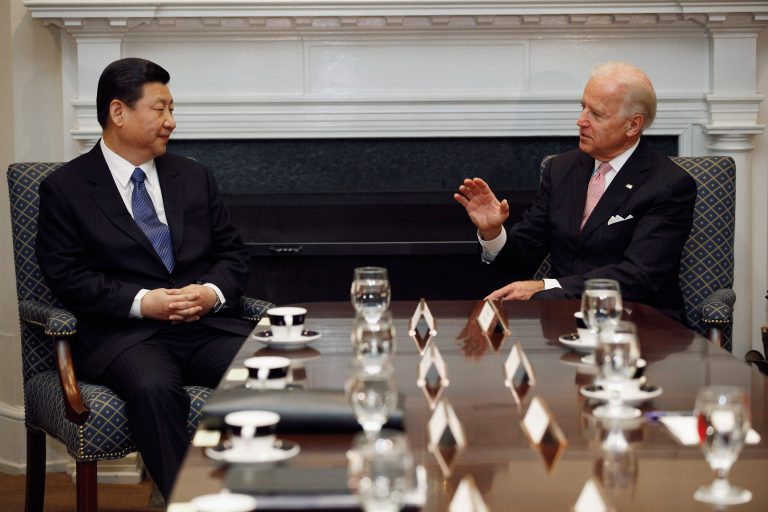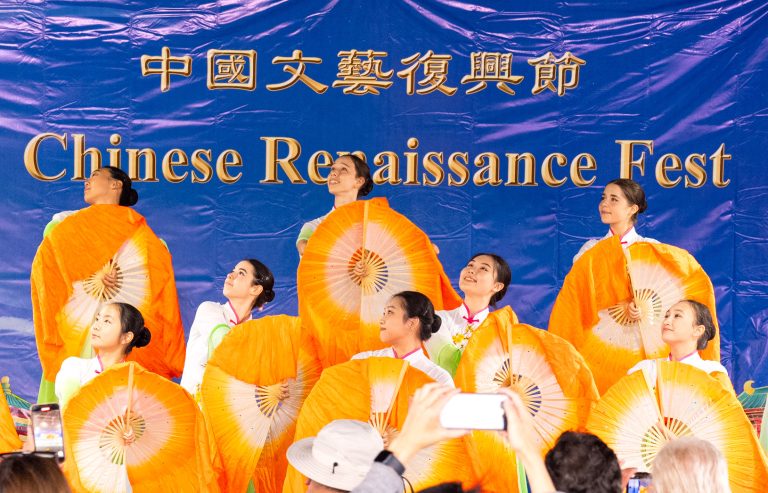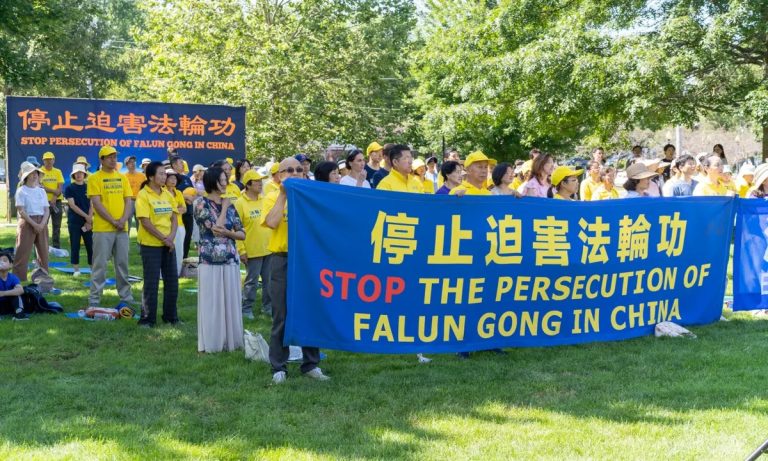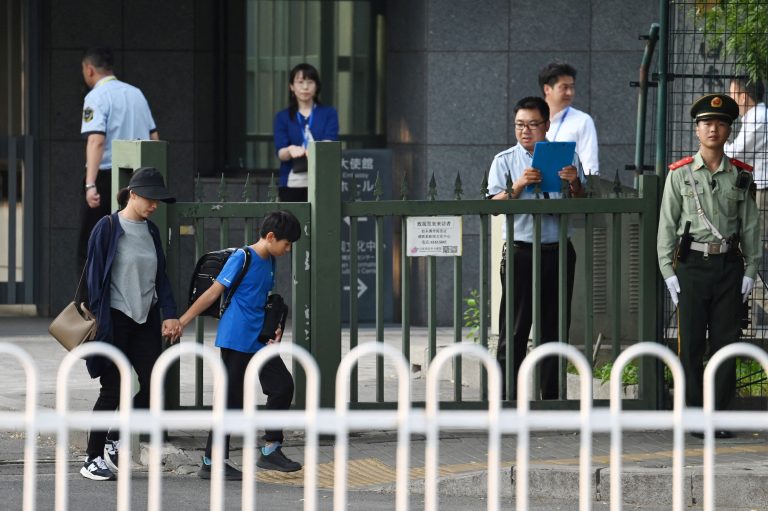Washington will not let relations with China slide to the point of a cold war, the White House said about a week after U.S. President Joe Biden told his counterpart Xi Jinping that the two leaders had a responsibility to make sure that “competition does not veer into conflict.”
The U.S.-China trade war, COVID-19 pandemic, human rights abuses, and belligerent “wolf warrior” diplomacy by the Chinese Communist Party (CCP) have in recent years led to tensions between the world’s two largest economies. Some observers have characterized these tensions as a new cold war, echoing the 1945–1989 standoff between the U.S. and Soviet Union that saw the world divided into two camps.
Since taking office this January, the Biden administration has continued some of former president Donald Trump’s tough policies toward Beijing — including freedom-of-navigation operations in the South China Sea and supporting Taiwan — while stressing the need to compete with, rather than confront, Communist China.
Jen Psaki, White House press secretary, explained on Sept. 20 that a cold war with China is “not the objective or the policy of the United States.”
Over the weekend prior, United Nations secretary-general Antonio Guterres had expressed to the Associated Press his concerns about the U.S.-China relationship, saying that he hoped Beijing and Washington could cooperate on climate, trade, tech, and other fields.
“Unfortunately, today we only have confrontation,” Guterres said. “We need to avoid at all cost a Cold War that would be different from the past one, and probably more dangerous and more difficult to manage.”
Competition, not conflict
Success
You are now signed up for our newsletter
Success
Check your email to complete sign up
Ahead of Biden’s Sept. 21 address to the U.N, Psaki stated that the president would “make absolutely clear that he is not looking to pursue a future, a new Cold War with any country in the world.”
In his remarks, Biden spoke about the need for countries to cooperate on a wide range of issues ranging from COVID-19 vaccination to climate change prevention, cybersecurity, and counter-terrorism.
Referring to America’s long-awaited, yet chaotic withdrawal from Afghanistan, Biden said that “instead of continuing to fight the wars of the past, we are fixing our eyes on devoting our resources to the challenges that hold the keys to our collective future.”
He said that America was “back at the table” with his having “prioritized rebuilding our alliances, revitalizing our partnerships, and recognizing they’re essential and central to America’s enduring security and prosperity.”
“We’re not seeking — I’ll say it again — we are not seeking a new Cold War or a world divided into rigid blocs,” Biden said.
The president did not refer directly to China at any point in his speech, though he mentioned Xinjiang — the western region where the CCP has incarcerated and brutalized more than a million Muslims Uyghurs for their faith and ethnicity — in a general condemnation of religious oppression.
Psaki said that Biden’s “view and this administration’s view, is that our relationship with China is one not of conflict, but of competition.”
“While we may take issue with some means they [Beijing] engage in the world, we also have areas we will want to continue to work together.”
Xi-Biden talks
Biden and Psaki’s remarks follow up on a phone call Biden had with Xi Jinping, in which the White House said that the leaders had “broad, strategic discussion.”
The White House readout of the call was fairly brief, noting that Biden “underscored the United States’ enduring interest in peace, stability, and prosperity in the Indo-Pacific and the world and the two leaders discussed the responsibility of both nations to ensure competition does not veer into conflict.”
According to a Bloomberg news report, a senior official in the Biden administration said that the U.S. president had requested the conversation with Xi.
The official said that Biden’s request came after the administration saw that CCP officials were “unwilling to engage in serious or substantive conversations” with U.S. officials, as seen in talks held earlier this year in Anchorage, Alaska, and China’s Tianjin city.
Those summits saw the Communist Party cadres bombard their American counterparts with harsh invective, accusing the U.S. of conspiring against Beijing and trying to treat China as an unequal partner in the relationship.
In Anchorage, CCP top diplomat Yang Jiechi openly claimed that the U.S. was in no position to compete with Beijing, saying that “the East is rising while the West is in decline.”
According to the U.S. official who spoke with Bloomberg, Biden had hoped to address the issues in the Sino-U.S. relationship with Xi personally, seeing that lower-level talks were not bearing fruit.
Biden, the official said, “took the opportunity to explain the intention behind U.S. actions that are sometimes misinterpreted by Beijing as a means to undermine China.” The president also “had not planned to raise the prospect of U.S. retaliatory action or ‘costs’ if China refused to co-operate on a range of issues, including investigations into the origin of COVID-19,” which spread from the Chinese city of Wuhan after an early CCP coverup, according to Reuters.
The Chinese statement on the Xi-Biden call said that the Chinese leader noted “serious difficulty” in the bilateral relationship, and urged both countries to “bring China-U.S. relations back to the right track of stable development as soon as possible.”







